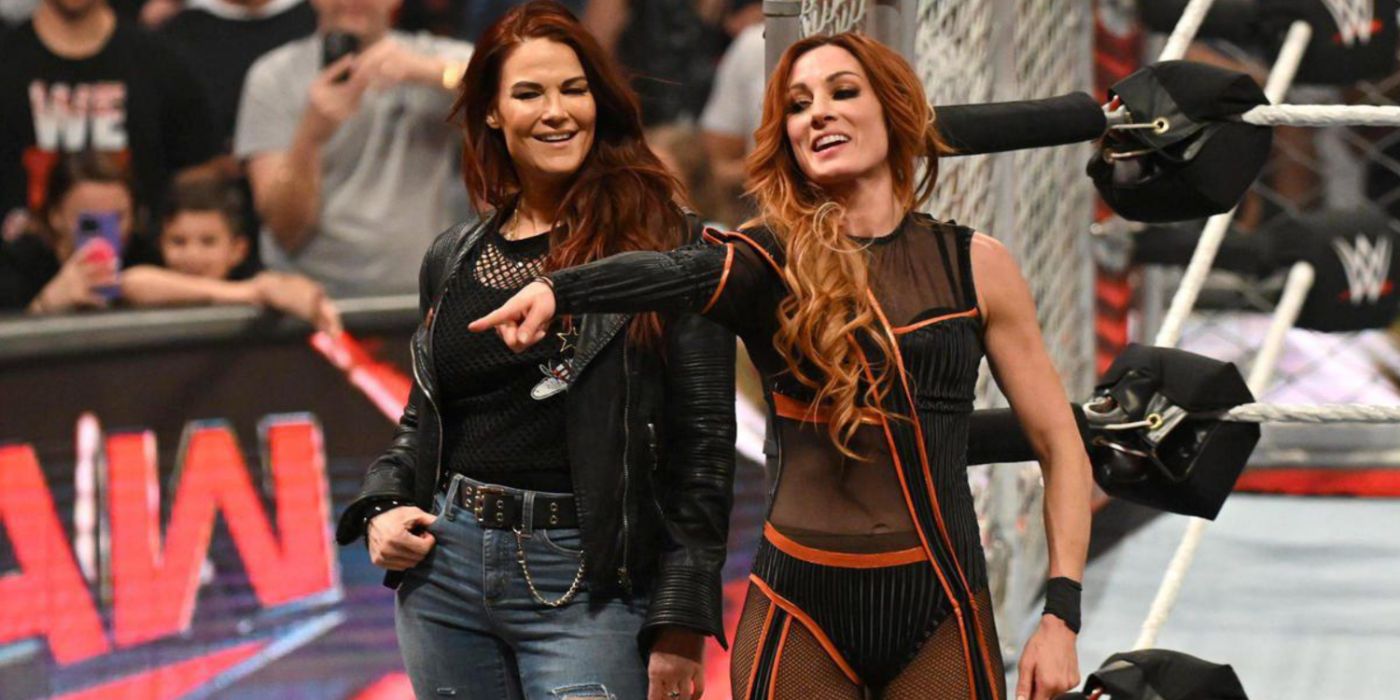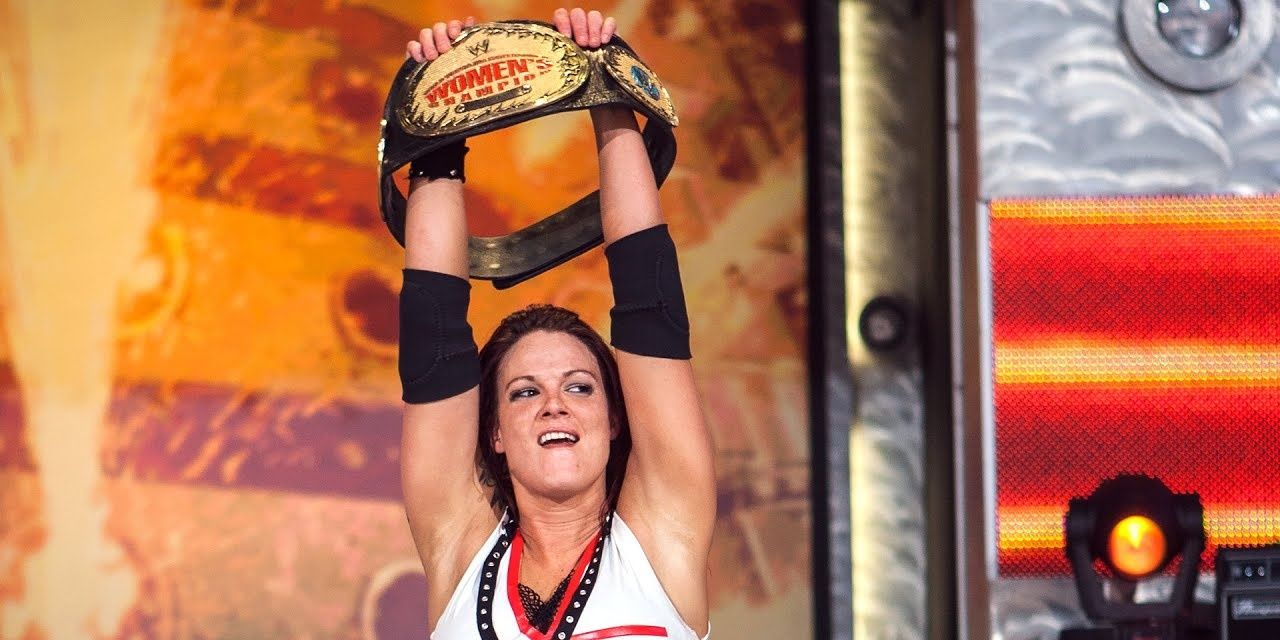There's no doubting women's wrestling has come on leaps and bounds over the course of the last decade. Not only through WWE's women's revolution, despite that being what gets the majority of the spotlight, but also through promotions like Impact which was giving its Knockouts big and deserved spots on major cards before WWE started doing the same thing.
Making Wrestling Genderless
In WWE, that has led to the introduction of the women's Royal Rumble, women's Money in the Bank, and even female Superstars headling WrestleMania. However, Lita believes the next step for wrestling is to become genderless. Not necessarily by reintroducing intergender matches to the mainstream product, but by not treating women's wrestling like some sort of quota that needs to be filled.
“I don’t care how you identify, we’re just going to go out there and show out,” Lita told Forbes. “It’s not like ‘what women do we have on the show? Where’s this representation?’ No, fair game. Everyone go. Grab your spot and we go out there. Some nights that might mean eight women’s matches on the card, some nights that might mean two.”
Losing The Women's Label
Lita goes on to suggest championships lose the women's label, something WWE has toyed with in the past. It briefly referred to the NXT Women's Title as the NXT Championship, although that likely made things a little confusing as that's what the title the men compete for is called. Ronda Rousey has lobbied for that recently, calling for the same thing when she was SmackDown Women's Champion.
WWE already does a pretty good job of balancing men's and women's wrestling and not making too big of a deal about it. At least not as big of a deal as it did when women were ticking off firsts on a weekly basis. For Lita, the goal is for fans to not even think about how many women's matches are on a card. That a show is simply judged on the quality of the wrestling and not because there weren't enough women represented, or vice versa.


